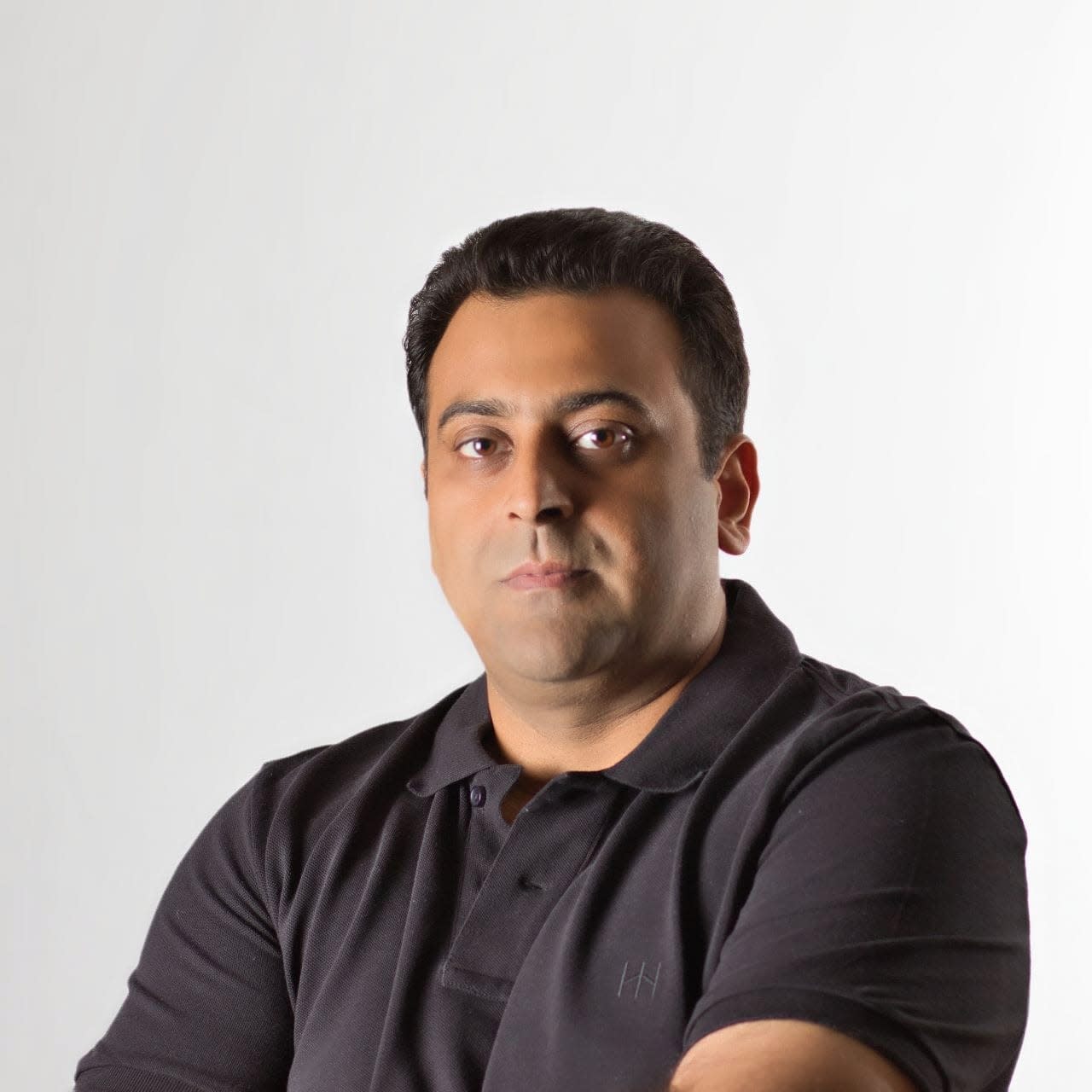
Big Impact, Little Footprint: Packaging Industry Sustainability Careers
Hasan Hamza, Service Delivery Manager, Customer Service Operations, Tetra Pak
Big Impact, Little Footprint: Packaging Industry Sustainability Careers
Hasan Hamza, Service Delivery Manager, Customer Service Operations, Tetra Pak
 Can you describe your role and how you feel it links to issues around sustainable packaging?
Can you describe your role and how you feel it links to issues around sustainable packaging?
At Tetra Pak, I lead a team of engineers providing technical services to our packaging customers across the U.S and Canada. I am lucky enough to have an indirect impact on how efficiently our customers operate their equipment – in turn allowing us the chance to positively contribute towards making operations more sustainable for the food and beverage industry. Be it by choosing travel options that have less impact or helping our customers reduce waste – there are a multitude of ways my role can have an impact on sustainability.
What does a typical day look like for you?
Recapping the last 30 days I can confidently say that there is nothing “typical” about any of them. However, the theme remains the same - “Protect What’s Good.” I work mainly with my team of engineers – optimizing aspects of service delivery. A day would usually see me:
- Optimize travel plans to ensure we leave the minimum possible carbon footprint
- Help my team engage with customers to improve their operational efficiencies and reduce waste within their operations
- Develop people who can represent Tetra Pak’s purpose: We commit to making food safe and available, everywhere and we promise to protect what's good: food, people and the planet
Can you share with a little about your career trajectory and what led you towards this role and an interest in sustainability?
I started off as a kid who always wanted to be an engineer – something that always got the seal of approval from family and friends back in South Asia. I was lucky enough to graduate as an Electrical Engineer from McGill University in Canada. It was during my degree that I started to consciously see the adverse impact of unsustainable practices.
Being brought up in what’s considered a developing country, the adverse impacts seemed magnified when I’d travel back and forth between Canada and Pakistan.
Sadly, it was all too obvious that reversing even a slight portion of the damage would take decades if not centuries. This realization was enough to stir up more than just an interest in sustainability.
As for my professional career, it started with project management and meandered through roles such as supply chain management, manufacturing, and production management – switching to key account management before finally taking up my current role as a service delivery manager for Tetra Pak.
What skills do you think are most important for a role in sustainable packaging issues?
Packaging sustainability, for me, seems to be a vast subject with a multitude of angles to look at. However, I see most of us being bogged down by its complexity and get paralyzed even before trying to do our part. What’s important is to believe that small changes matter. The skill to get people to buy into the idea of sustainability is probably the most underrated yet massively effective tool to collectively move forward in the right direction. Something as small as asking my team to rent “greener” cars – such as those that are electric or that seat only the number of people traveling - has had an impact – not only in reducing carbon emissions but also forcing them to think about how everyone can play a proactive role in being more sustainable.
As an industry, where do you think packaging is making strides on sustainability and where do we still struggle?
I believe policy and legislation has started to play a huge part in setting the right tone for more sustainable practices in the industry. From increased renewable content to a greater focus on the recyclability of packages – it is exciting to see the industry take a more proactive approach to sustainable packaging.
What do you think is the biggest challenge facing packaging sustainability right now?
Can we be agile enough to minimize the damage caused by unsustainable practices while ensuring that the industry keeps growing. The changes needed to become more sustainable can impact pricing, volume and availability, which directly affect customers. Minimizing that impact would be a major challenge.
What is one common perception around packaging that you believe challenges the notion that packaging can be a tool for sustainability?
I feel that as consumers, we tend to favor heavier or sturdier packaging and associate it with a higher quality. This perception can make it challenging for businesses to transition to more sustainable packaging options without compromising perceived product value.
If you had one piece of advice for young professionals interested in sustainability, why should they consider the packaging industry? Your specific role?
We are past the era where sustainability was driven by a “Sustainability Manager” or a specific department. The packaging industry is exciting as the efforts we put in are usually more “visible” compared to some other industries, especially around the environmental impacts. It’s a great place to be if you like to observe the impact you helped create.
Sustainability is a communal effort and we need to preach its importance from a young age. To all of you starting a career or a new role – take a minute every week and ask yourselves “what did I do this week to be more sustainable.” This consciousness will drive you in the right direction.
